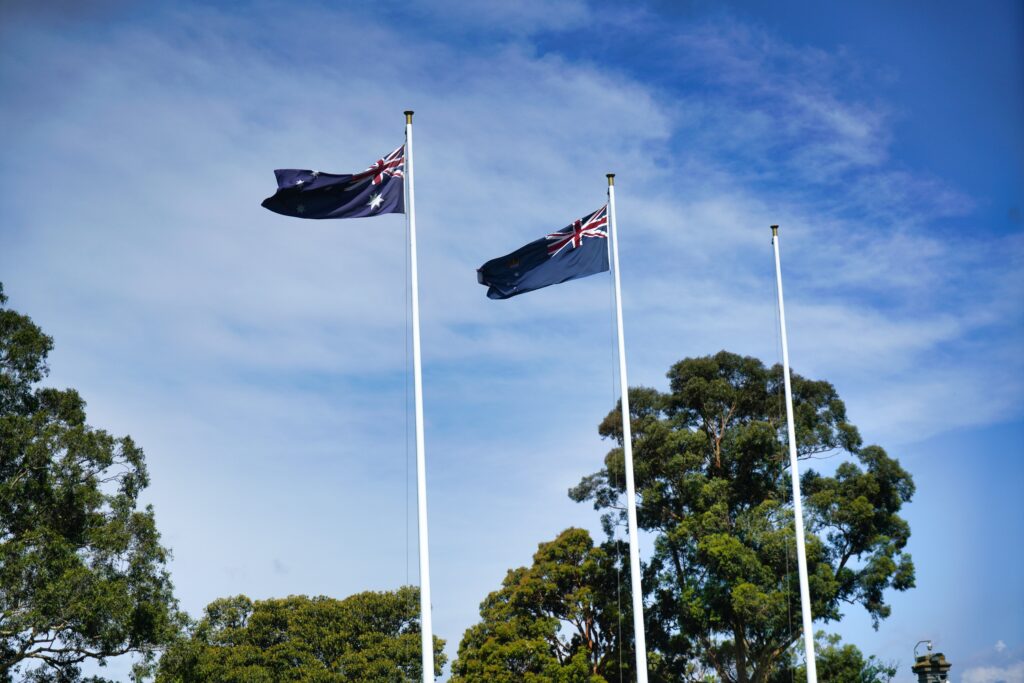Australia’s ‘defamation case of the century’ is a victory for journalism and human rights

Last week, the Federal Court in Sydney handed down a landmark decision that brought down Australia’s most decorated living soldier and provided a much-needed victory for journalism and human rights.
This came as Justice Anthony Besanko dismissed Ben Roberts-Smith defamation suit against newspapers owned by Nine Entertainment, finding that the former soldier murdered unarmed civilians while serving in Afghanistan.
The trial lasted over a year and heard more than 100 days evidence, including testimony from Australian soldiers and Afghans. Evidence revealed a “warrior culture” steeped in violence within the Australian special forces.
The judge found the former soldier guilty “on the balance of probabilities” of kicking a handcuffed Afghan prisoner off a cliff in 2012 before ordering another soldier to shoot the man dead. He was also found guilty of killing an elderly man in a compound, as well as a disabled man with a prosthetic leg.
Roberts-Smith was absent from the court to hear the judgement, after previously attending every day of the trial. Instead, he was seen on the Indonesian island of Bali when the decision was handed down by justice Besanko.
Besanko was scathing in his assessment of Roberts-Smith, stating that he was “not honest and reliable” and that he was a “criminal” who “broke the moral and legal rules of military engagement.”
The case was initiated by Roberts-Smith, after the Sydney Morning Herald, The Age and the Canberra Times published stories in 2018 which contained allegations of unlawful killings in Afghanistan by Roberts-Smith others in Australia’s special forces.
The former soldier denied all wrongdoing, arguing that 14 defamatory imputations were contained in the stories. An appeal by Roberts-Smith and his legal team is being considered.
It has been a rapid fall from grace for Roberts-Smith. The former SAS patrol commander and Victoria Cross recipient was considered a national hero and embodiment of the ANZAC legend. Roberts-Smith was named Father of the Year in 2013 and served as chair of the Australia Day Council.
The Australian War Memorial has acknowledged the “gravity of the situation” and is reportedly considering changing or removing public displays involving Roberts-Smith.
The result is also a huge personal embarrassment for the former soldier, who turned an attempt at silencing the media into an incriminating and financially disastrous defeat. The civil judgement is likely to see Roberts-Smith liable to pay millions in legal costs and lose his Victoria Cross medal as part of a loan when he initiated proceedings.
But the decision is a big win for investigative journalism in Australia.
Australia has problematic defamation laws, notorious for favouring plaintiffs and putting the burden on the media to prove allegations through lengthy and expensive legal processes.
But the case is evidence that plaintiffs can lose defamation cases and that, once a case begins, it is difficult to control what is revealed in court.
After the decision was announced, Nick McKenzie, one of the journalists at the heart of the story, said that “today is a day of justice.”
It may also a victory for human rights and justice.
The decision may pave the way for wider investigations into war crimes committed by the Australian armed forces in theatres of war by authorities in Australia and by the ICC, which is currently investigating crimes committed in Afghanistan since 2003.
Australia has obligations under international law to prosecute serious breaches of the Geneva Conventions and is a state party to the International Criminal Court, which carries an obligation to investigate and prosecute war crimes.
The decision lends significant weight to the 2020 Brereton Report, conducted by Australian Major General Paul Brereton, which found “credible information” supporting allegations that 25 Australian soldiers murdered 39 Afghan civilians. Brereton described the allegations as a “disgraceful and a profound betrayal” of the Australian armed forces.
The Australian Federal Police have also told Roberts-Smith that he is a suspect in their ongoing investigations into alleged war crimes in Afghanistan.
This will go a long way to ensuring that the families of victims in Afghanistan receive justice.
It may also lead to much-needed reforms within the Australian armed forces, which has been found to have a culture of violence, secrecy and harassment.
The decision against Roberts-Smith therefore marks an important watershed in Australia.
Investigative journalism has been emboldened and the wheels of justice have turned against acting with impunity against innocent people.
But more needs to be done.
The Australian government is looking at ways to compensate the families of victims in Afghanistan, which is welcome.
Australia should also fully cooperate with the ongoing ICC investigation and ensure that the investigation by the Federal Police adequately investigates and punishes anybody found guilty of war crimes.
The decision has given the Australian government a golden opportunity to learn from the mistakes of the past.
Not doing so will fail victims and diminish Australia’s standing in the world.





